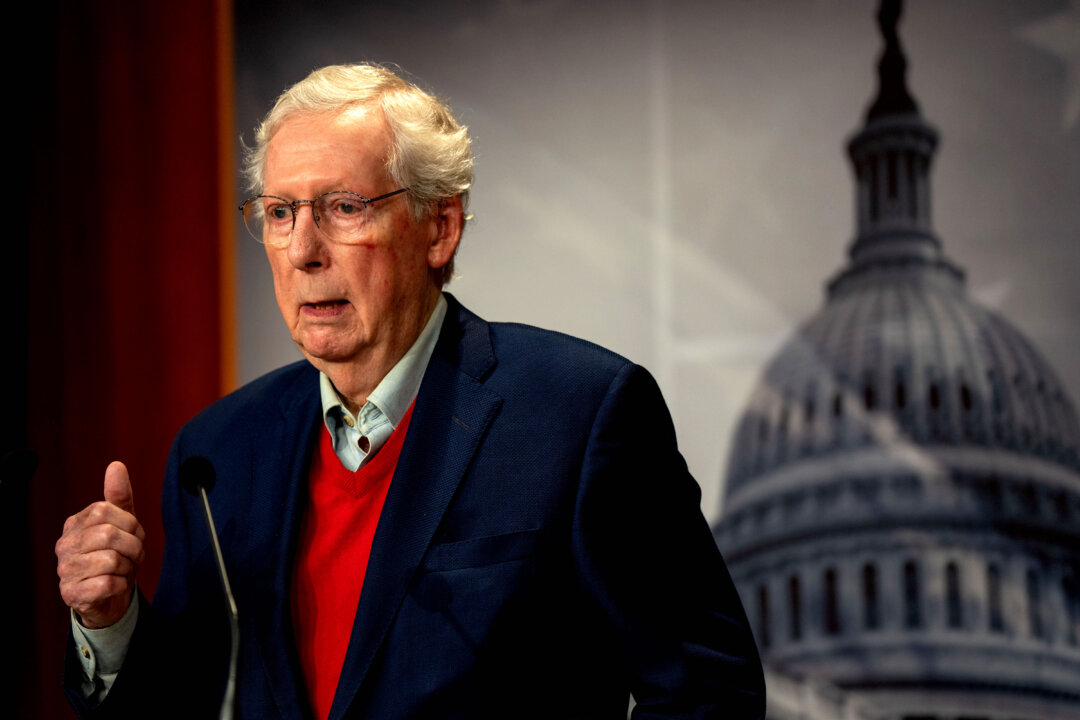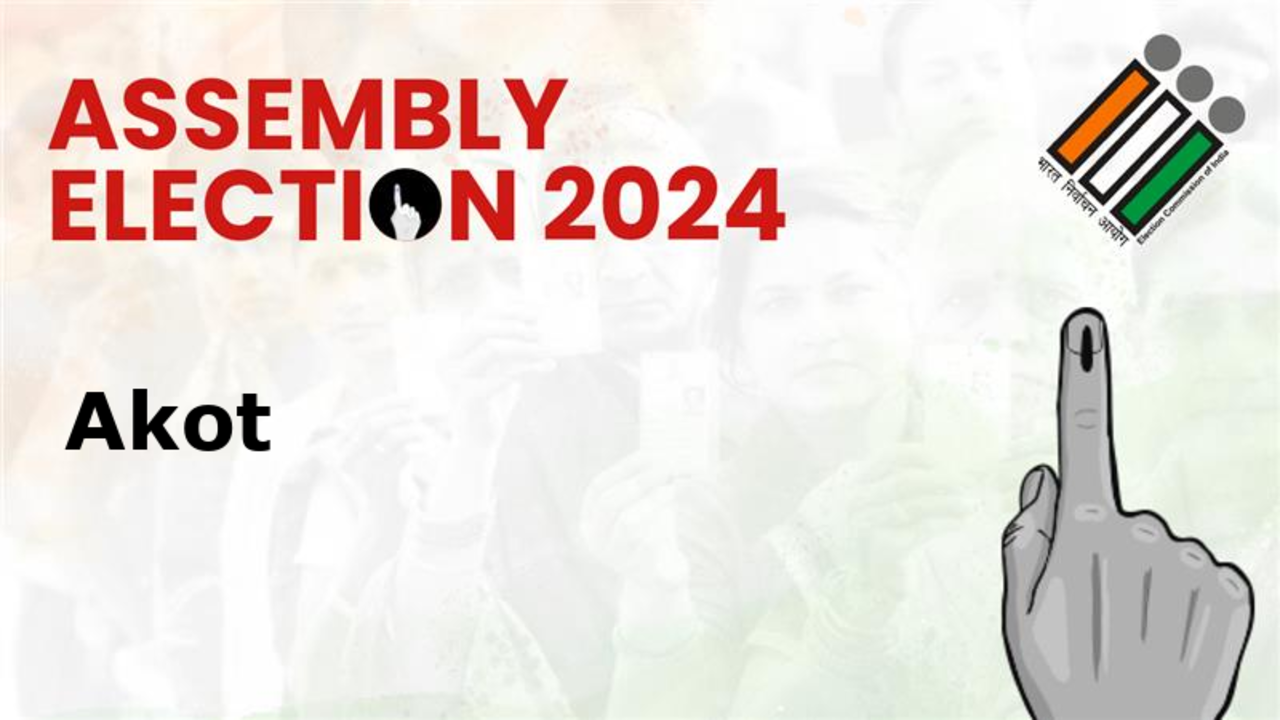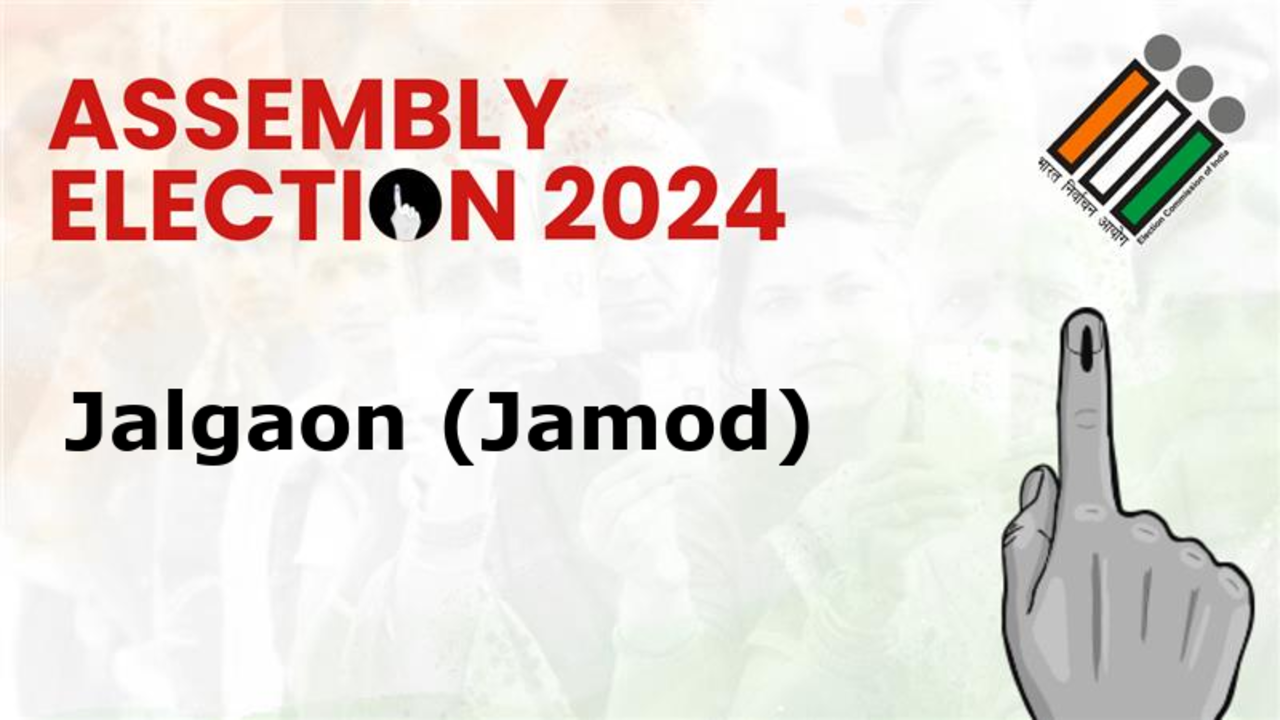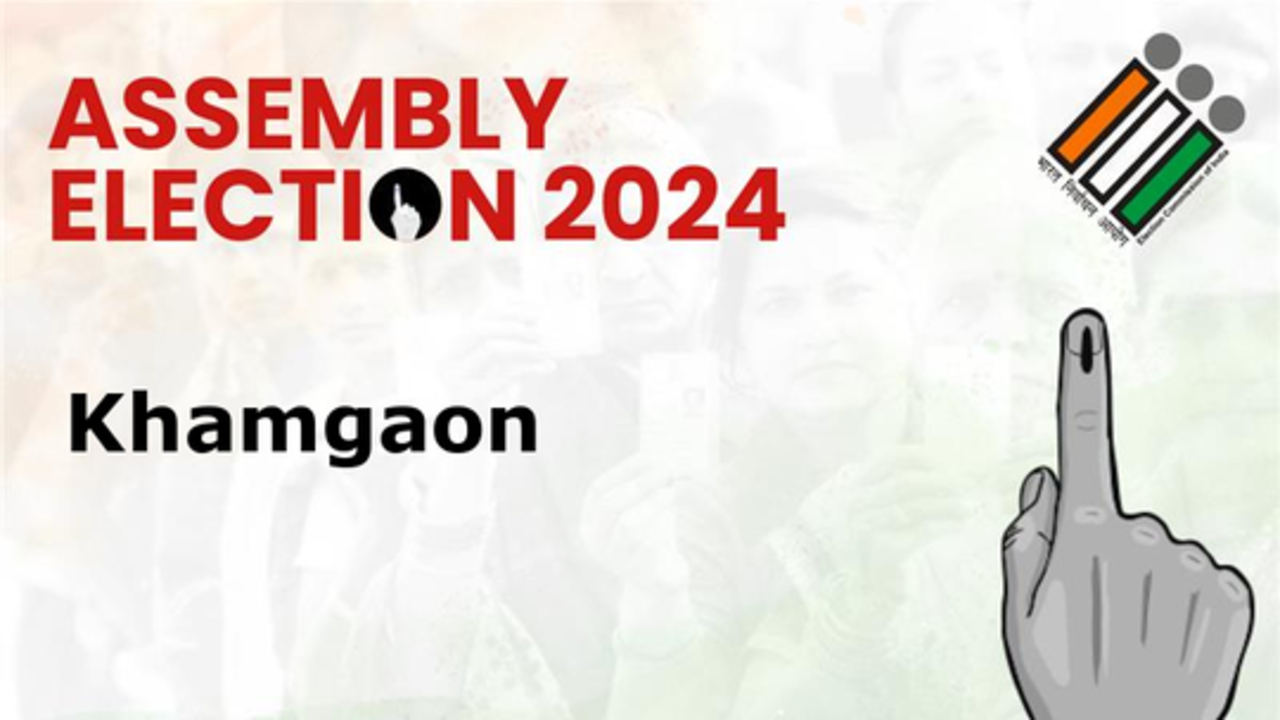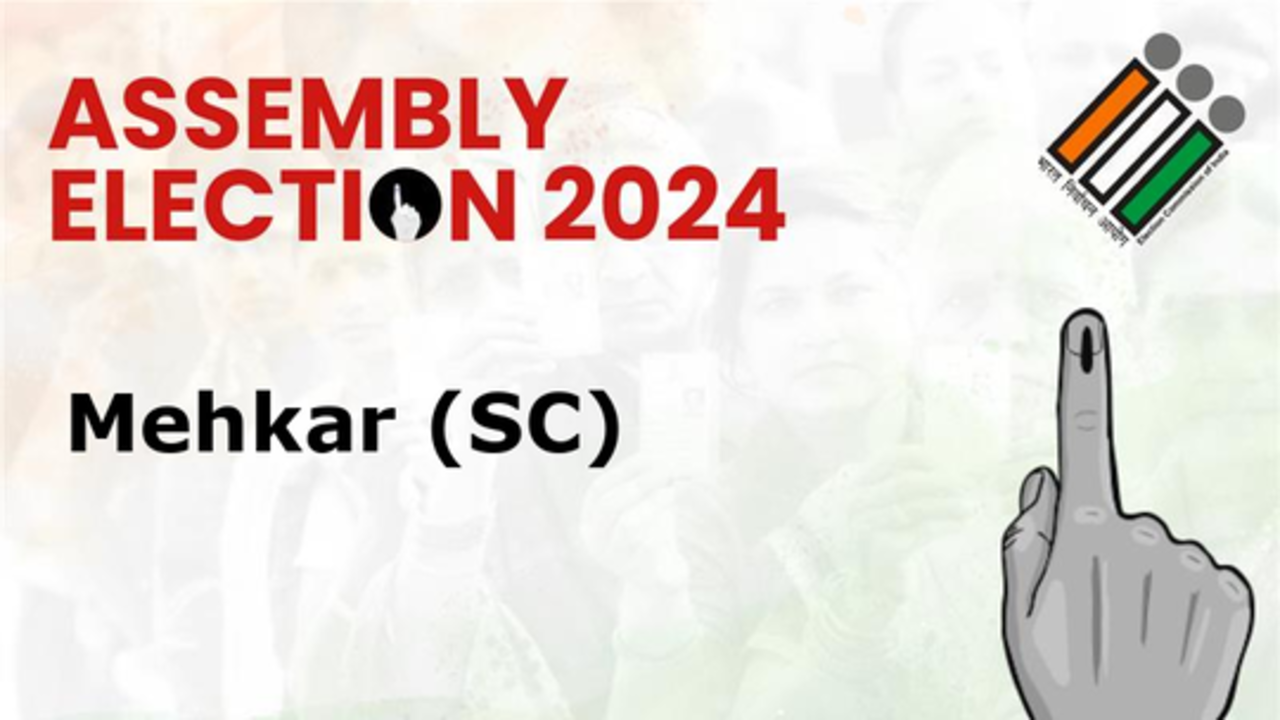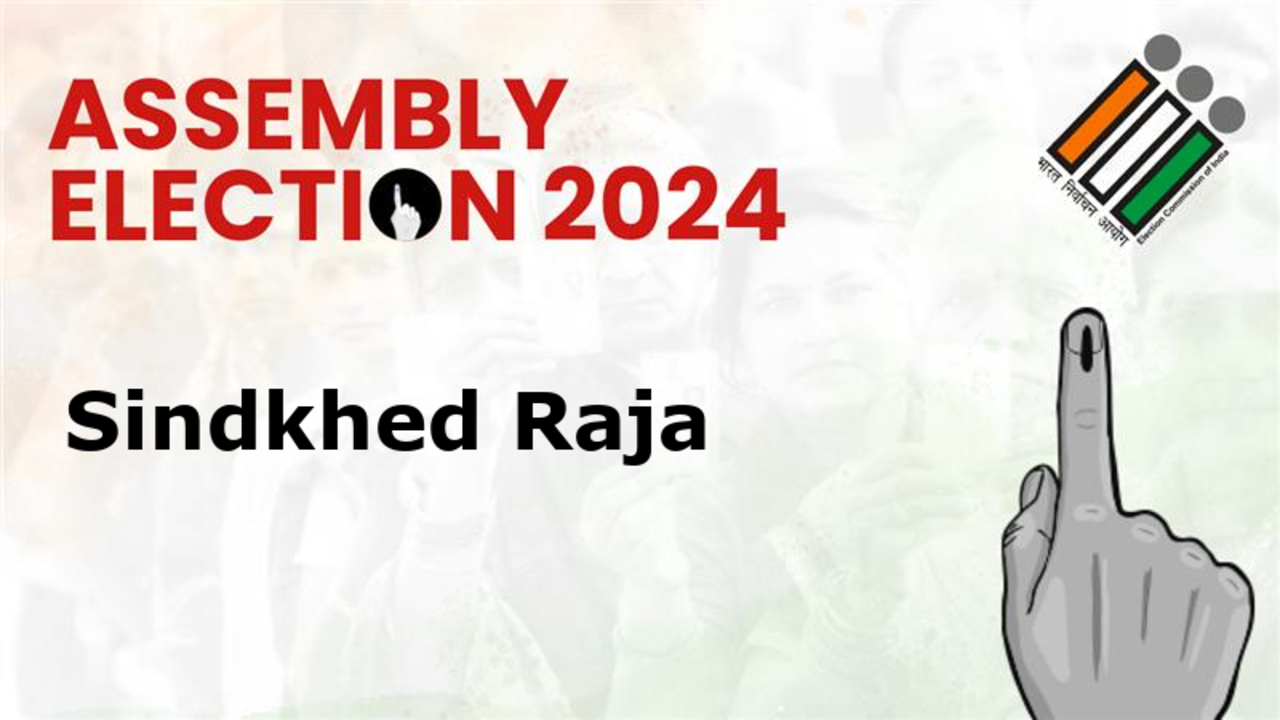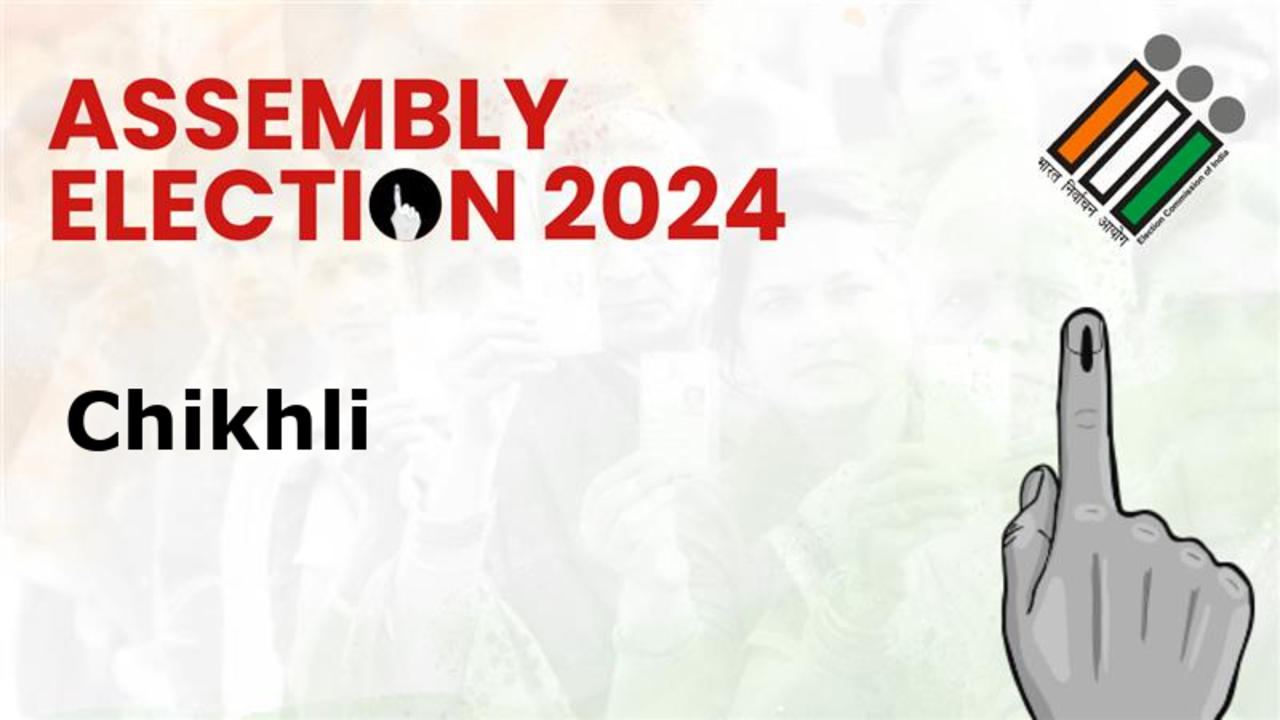
trying to cancel their Amazon Prime subscriptions about having to navigate a maze of confusing screens so they can ditch their monthly subscription fee. At Planet Fitness, one of the biggest gym chains in the country, people who want to quit pumping iron complain about the same thing. From ditching a premium account to canceling your gym membership, critics of the business practices that make it hard to leave call them “ .
” Customers hate them — so much so that they file 70 complaints a day at the Federal Trade Commission. Most Read In response, the FTC unveiled the click-to-cancel rule last month that is designed to make it much harder for businesses to fleece customers. Ending a subscription should be just as easy as signing up for it in the first place, FTC Chair Lina Khan said.
Under set to go into effect soon, companies have to be upfront about any fees that will pop up after a free trial period. And canceling a subscription or service must take as many steps as it took to sign up; consumers also cannot be forced to call a customer service line or send a letter to cancel a service they started online. With Khan’s time at the FTC running out, the new leadership that Donald Trump installs at the agency could go either way on questions like the click-to-cancel rule.
That’s because Khan, a liberal appointed by a liberal president, has won some unlikely fans among conservatives: the “Khanservatives” who support cracking down on anti-competitive practices. On the other side of the debate are a more traditional GOP constituency: businesses and investors on the loosening of regulation. The new FTC brass could try to scale down the rule, kill it, or keep it.
Or Congress could legislate the rule away. The rule, passed last month, isn’t enforceable until 180 days after it’s posted in the Federal Register — which may get killed before it even takes effect. Trump has yet to announce his pick to succeed Khan as chair.
Two candidates in the mix could take an aggressive stance in favor of enforcing antitrust laws, according to reporting earlier this week in the Financial Times. Either Vice President-elect JD Vance’s adviser Gail Slater or former Department of Justice antitrust division attorney Mark Meador could get the nod, . Whether Slater, Meador, or another candidate gets the nod, the confirmation process could take months.
In the meantime, Trump could appoint one of the two GOP commissioners as acting chair. There are signs, however, that would bode ill for the Khanservatives: The two Republican commissioners, Andrew Ferguson and Melissa Holyoak, both voted against the click-to-cancel rule. “Everybody ought to just say, ‘Thank goodness.
’ It’s a scam that has been baked into some of our companies,” said David Vladeck, a law professor and the director of the FTC’s Bureau of Consumer Protection under President Barack Obama. “I’m just flummoxed that two of the commissioners think that this is not a good idea.” As acting chair, either GOP commissioner could seek to delay the rule’s implementation, pare it back, or rescind it altogether.
Fully retracting the rule would not be easy, but it could be done with a Republican majority on the commission, Vladeck said. He said that based on the dissent she wrote, Holyoak might try to keep some parts of the rule and ditch others. The other Republican commissioner, Ferguson, said at an FTC hearing Thursday that he did see some positives in the rule.
“I do think there was a lot in this rule that will benefit consumers, and insofar as the rule is sustained in judicial challenges, I hope that those benefits are in fact realized by consumers,” Ferguson said. Teresa Murray, consumer watchdog director at Public Interest Research Group, pointed to another possibility: that the next commission could simply fail to enforce the rule. Even before click-to-cancel was approved, Khan’s agency used existing rules to go after companies like Amazon.
The FTC sued the tech giant in 2023 The company denies tricking people into signing up for Prime or making it hard to cancel. Join Our Newsletter Original reporting. Fearless journalism.
Delivered to you. Outside the commission itself, the new rule faces other potential stumbling blocks. Three corporate trade groups representing the advertising, home security, and cable and TV industries from taking effect.
Congress . “Clearly, there are a lot of obstacles to this,” Murray said. “But we certainly hope for the sake of consumers and the sake of businesses that are doing it the right way, that companies will comply with this whether it is required or not.
” An attempt to reverse the click-to-cancel rule could please some of Trump’s corporate backers but would also run the risk of a popular backlash. The rule broke through to the public consciousness in a way few FTC decisions do — even earning a nod from . Democratic FTC Commissioner Rebecca Kelly Slaughter said she had heard repeatedly from ordinary people outside the world of Washington politics praising the adoption of the rule.
Khan noted that the rule was driven by public complaints. “We’ve heard about these complaints across all sorts of contexts, from gym memberships to delivery services,” Khan said Thursday. “These tactics are causing Americans real harm, with people paying hundreds or even thousands of dollars for services they no longer want.
” Click-to-cancel will not be the only big decision for the next FTC chair. The agency is also pursuing lawsuits against Amazon and Facebook’s parent company, Meta, with potentially sweeping implications. Related And for more than a year, the FTC has been considering that raise the cost of everything from apartment rentals to concert tickets.
Vladeck, the law professor, said he doubts that Khan can pass that rule before she leaves office. “The clock is ticking pretty loudly right now,” he said. “I think they’re probably not going to get it done.
” Still, the new leadership at the commission could continue the rulemaking process in some form. Meador, one of the rumored candidates for the chair position, seeking the breakup of the Live Nation-Ticketmaster entertainment conglomerate. The big question will be whether Khan’s successors attempt to limit the rule’s scope to please businesses, Vladeck said.
“I would not think that the Trump administration is going to abandon that kind of work,” he said. “Industry is unhappy about it. There are ways of mitigating the industry’s unhappiness about it.
”.








